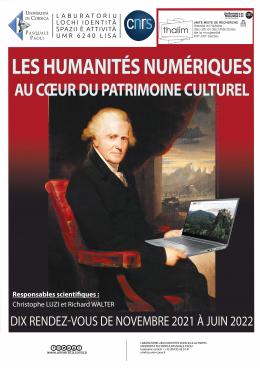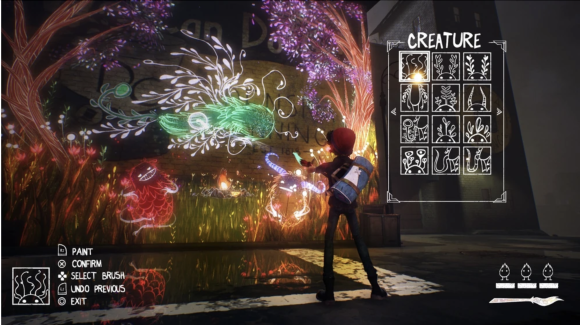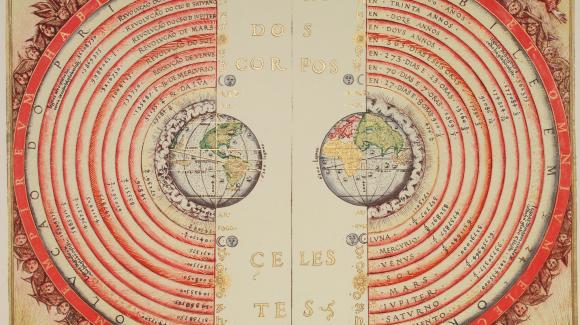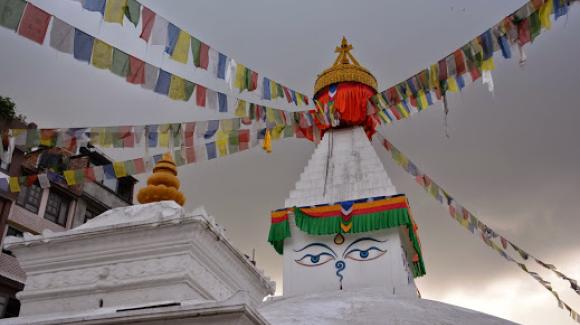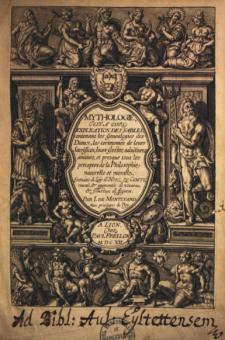
Seminar
Éditer des données : structurer des corpus complexes - projet Mythologia
Digital humanities at the heart of cultural heritage
Thursday 10 February 2022Thursday 10 February 2022
From 2 to 4 PM
Image

Université de Corse Pasquale Paoli / en ligne
Université de Corse
Avenue Jean Nicoli
20250Corte
France
42.305616, 9.1555418
Intervention de Céline Bohnert, Maître de conférences, Université de Reims Champagne-Ardenne, Membre junior de l’Institut Universitaire de France.
Cette intervention présentera l'utilisation du logiciel Omeka, adapté par la plate‐forme EMAN, pour l'édition des Mythologiae libri decem de Natale Conti. Cette mythographie renaissante, qui assemble une masse colossale de connaissances sur les cultes et les divinités antiques, parut à Venise en 1567, fut augmentée à Francfort en 1581 puis fut traduite en français à partir de 1600. Le projet Mythologia consiste dans l'édition de quatre des états du texte. Mais qu'est‐ce qu'éditer un corpus encyclopédique dans l'espace numérique ? Comme les autres mythographies humanistes, la Mythologie résiste à notre sens de l'ordre et du classement, fondé sur le principe de distinction et sur le déploiement arborescent. Si éditer un texte consiste d'abord à le rendre intelligible, notre première tâche consiste dans la structuration de ce corpus complexe : l'édition numérique organise ainsi la rencontre de deux rapports au savoir, entre humanisme et humanités numériques, et soutient une réflexion épistémologique sur nos propres modes de pensée.
Thursday 10 February 2022
